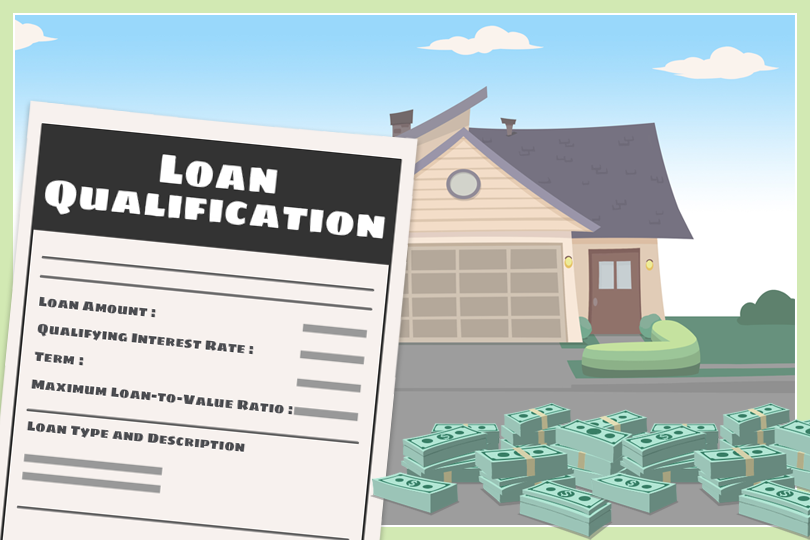How Do Other Mortgages Compare to FHA Loans?
February 17, 2025
True or False: FHA loans are the only government-backed mortgage option.
False. FHA loans are indeed government-backed (by the Federal Housing Administration), but so are VA loans (Department of Veterans Affairs) and USDA loans (U.S. Department of Agriculture).
True or False: Compared to conventional loans, FHA loans generally require a higher credit score.
False. One of the advantages of FHA loans is their more lenient credit requirements. You can often qualify for an FHA loan with a lower credit score than a conventional loan.
True or False: FHA loans always require a higher down payment than conventional loans.
False. FHA loans are known for their low down payment options, sometimes as low as 3.5%. Conventional loans can include a higher down payment, but not always. Some conventional loans may include low down payment options too, but they may come with other requirements like private mortgage insurance (PMI).
True or False: FHA loans have stricter debt-to-income ratio requirements than conventional loans.
False. FHA loans tend to be more forgiving with debt-to-income ratios, making them more accessible for borrowers with more debt.
True or False: Unlike conventional loans, FHA loans require mortgage insurance.
True. This is a key difference. FHA loans require both upfront and annual mortgage insurance premiums (MIP), which protect the lender if you default on your loan. Conventional loans may not require private mortgage insurance but you must typically put down a larger down payment (typically 20% or more).
True or False: Compared to VA loans, FHA loans are more restrictive on the types of properties you can buy.
False. Both FHA and VA loans have property requirements, but neither is inherently more restrictive than the other. Both can be used for single-family homes and sometimes for condos or manufactured homes, depending on specific guidelines and lender approval.
True or False: FHA loans are a good option for borrowers with excellent credit who can afford a large down payment.
False. While FHA loans can be used in this situation, borrowers with strong credit and ample savings might find conventional loans more appealing, as they can often avoid mortgage insurance and potentially secure lower interest rates.
True or False: FHA loan limits are the same nationwide.
False. FHA loan limits vary by county. They're designed to reflect local housing costs. So, the maximum loan amount you can get with an FHA loan will depend on where you're buying a home.
True or False: You can only use an FHA loan to purchase a primary residence.
True. FHA loans are generally for primary residences. You can't use them to buy investment properties or second homes (though there are some exceptions for multi-unit properties where the borrower lives in one unit).
FHA loans can make homeownership more accessible to a wider range of borrowers. However, they're not a one-size-fits-all solution. Understanding how they compare to other mortgage options is crucial in choosing the right path to homeownership.

FHA Loan Articles
September 19, 2023The FHA Handbook serves as a crucial resource for mortgage lenders, appraisers, underwriters, and other professionals involved in the origination and servicing of FHA-insured home loans. It outlines the policies and requirements for FHA-insured mortgages.
September 13, 2023FHA rehab loans are a specialized type of mortgage loan offered by the Federal Housing Administration that allows borrowers to finance both the purchase or refinance of a home and the cost of needed repairs.
September 8, 2023Borrowers considering an FHA loan should be familiar with some basic loan terminology. These loans are popular among first-time homebuyers and those with lower credit scores because they often offer more flexible eligibility requirements and lower down payment options.
September 2, 2023You may have heard the terms co-borrower and cosigner in connection with your FHA loan process, but aren't sure about the distinction. Both a co-borrower and a cosigner can help a primary borrower qualify for a mortgage, but they have different roles and responsibilities.
August 27, 2023The Federal Housing Administration has specific credit requirements and guidelines for borrowers looking to buy or refinance homes with an FHA loan. In addition to what FHA guidelines state, lenders may have more stringent requirements that may vary from one lender to another.







